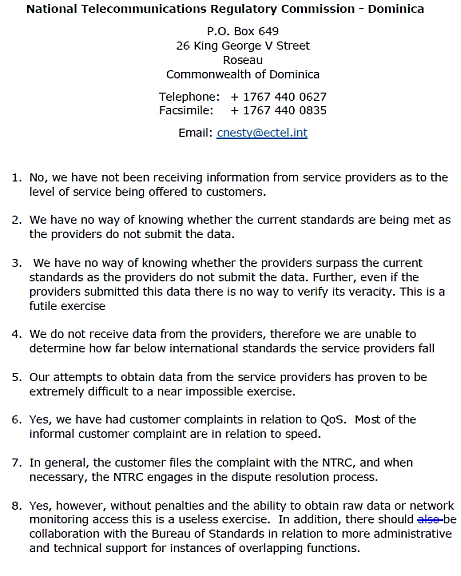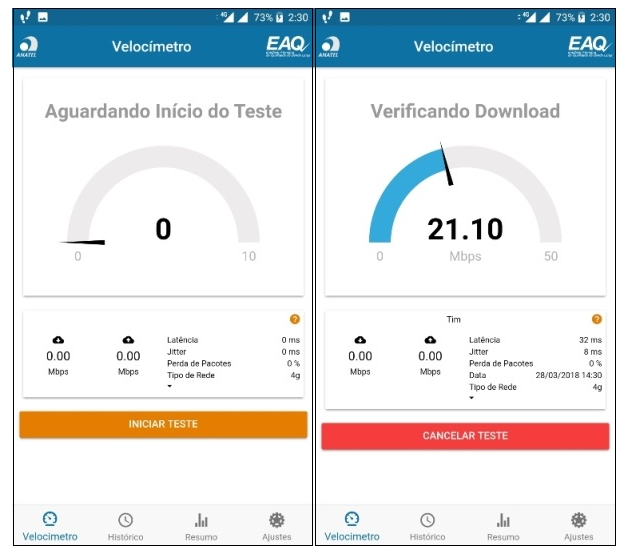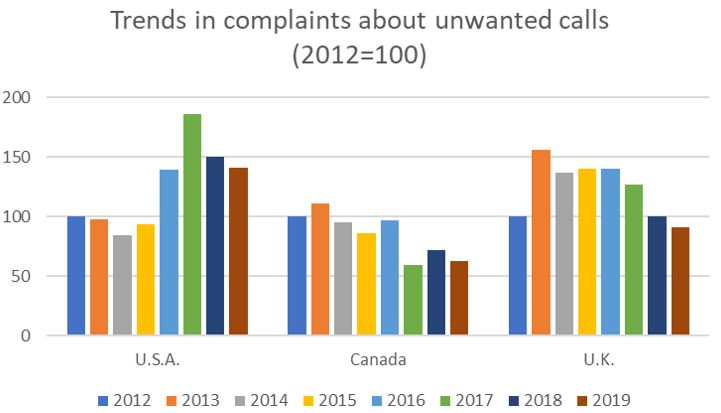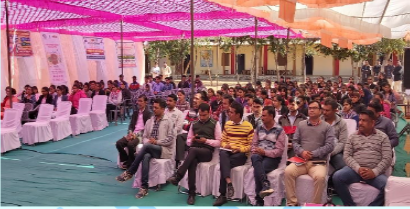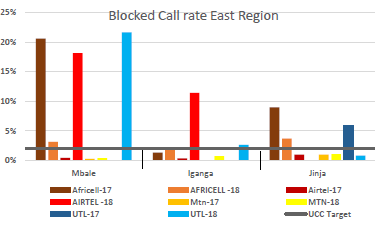
Examples of quality of service presentation by regulators
25.08.2020Uganda Two parameters (both for voice) were measured for four operators in eleven cities (UCC 2019). The numbers of measurements (and the confidence intervals) were not stated. The measurement results are shown below for the voice parameters in the three cities in one region, East. Source: UCC 2019. Source: UCC 2019. Ghana Eight parameters (five for voice and three for data) were measured for four operators in 119 districts of five regions (NCA 2018). The numbers of measurements (and the confidence intervals) were not stated. The measurement results were tabulated separately for each operator. They are shown here for the…
Read »